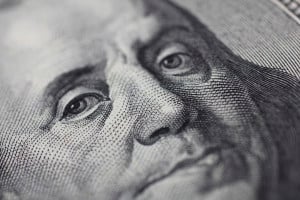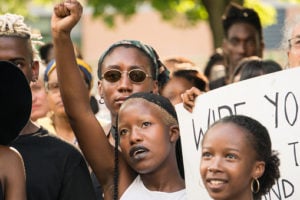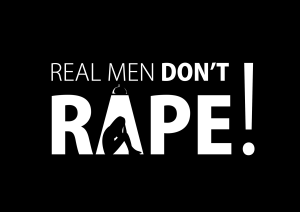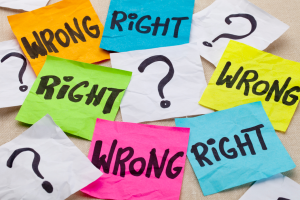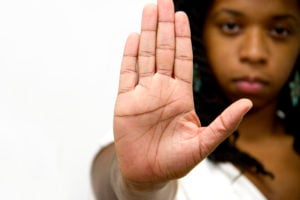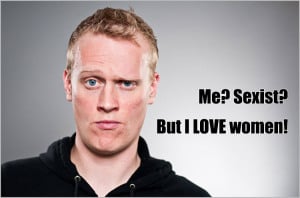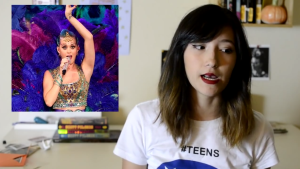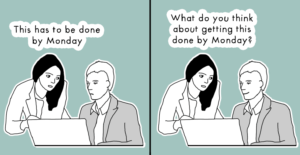Text: A SundanceNow Doc Club Original Series
Text: Take 5: Justice in America
Rev. Dr. William J. Barber II: The right to vote is a right dipped in blood, paid for by the death and the sacrifices.
Marie Palmer: Voting is the reason that I became a US citizen.
Carolyn Coleman: These same hands that once picked cotton now pick presidents.
Text: The New Fight for Voting Rights
News Anchor 1: The US Supreme Court has struck down the centerpiece of the landmark 1965 Voting Rights Act –
News Anchor 2: North Carolina is the first state to act since –
News Anchor 3: North Carolina passed one of the most restrictive voter suppression bills in the nation –
News Anchor 4: Supporters say the statutes cut down on fraud, but critics accuse them of suppressing the vote of minorities.
Text: In 2014, thousands of North Carolinians were unable to vote because of a new law that prohibits out-of-precinct voting, ends same day registration and shortens early voting.
Hakeem Dykes: I just turned 18, so it was my first time voting. And I was actually the first person to vote at that polling place, so after I voted, I went straight outside to volunteer. I saw more than 400 people be told that they were out-of-precinct so they weren’t able to vote.
People who had been living in this neighborhood, before so it was a shock to them. People came out agitated, on breaks, from work. It’s just heartbreaking, really, because these are people that I see in my community.
Marie Palmer: The whole law seems to Latinos to be designed to keep us from voting. What this law does is reverse tools that had been put in place to increase participation. For example, expanding early voting – that had really allowed the poor, the people who are working two jobs, to have options.
Text: In 2016, voters will also be required to show a state-approved photo ID.
Alberta Currie: I ran into red tape again trying to get ID. The lady told me, “Don’t come back here to vote,” because I couldn’t. I was told that. And that was her hurtin’ thing. I never had a birth certificate, because my mother had a midwife. My mother taught us children to vote. I haven’t missed a year. I want to vote.
Jay Delancy: We have to have a photo ID, and we have to have a credible photo ID that can’t be counterfeited too easily. We have this opportunity to reduce vote fraud, or at least, reduce the chances of it. This is good. We’d like to see more restrictions put on.
Text: Proponents of North Carolina’s new law argue that it prevents in-person voter fraud. But since 2000, the state has seen only two verified cases.
Rev. Dr. Barber: We in the church should be especially concerned and troubled by those who want to write and live by restrictive clauses. I don’t know if y’all like this kind of preaching. I’m just – now, I can just go, [sings] “Yeah!!!!” You want some of that?
It’s not as though these laws were just put on the book. There’s a history. Particularly when it happens in the South. It’s almost as though you go to my grandmother’s grave and dig it up and open the casket and throw the bones out and just crush them.
Delancy: There are many Northern states that don’t have things like early voting and same-day registration. And so, North Carolina, we change our laws to match theirs, and we’re called “racist” because of something that happened 50 to 100 years ago.
Currie: It was there, Jim Crow law. We had do’s and don’ts. Our house got burned down twice. You were fearful back then. After the voter rights came in, the Black people weren’t as fearful. It was somewhat like we had help. It seemed like help was there, then, for us.
Coleman: I had worked across the South registering people to vote, and seems that everywhere I went, there was trouble. Today, it’s almost like déjà vu all over again, because here we are, 2015, and we’re fighting battles that we fought 20, 30, 40 years ago.
Rev. Dr. Barber: The question we need to be asking is: How can we get more people to vote?
Palmer: I’m not leaving, so why not welcome me and make me your friend?
Rev. Dr. Barber: If you just registered more unregistered African Americans and got them to vote and join with progressive whites and Latinos and Asians, it’s a new day in the South.
Does that scare you? If you are afraid of that, then you’re afraid of America.
Text: Since 2010, 21 states have adopted new restrictive voting laws.
Alabama
Florida
Georgia
Illinois
Indiana
Iowa
Kansas
Mississippi
Nebraska
New Hampshire
North Carolina
North Dakota
Ohio
Rhode Island
South Carolina
South Dakota
Tennessee
Texas
Virginia
West Virginia
Wisconsin
To find out more and get involved, visit: www.DocClub.com/Take5





